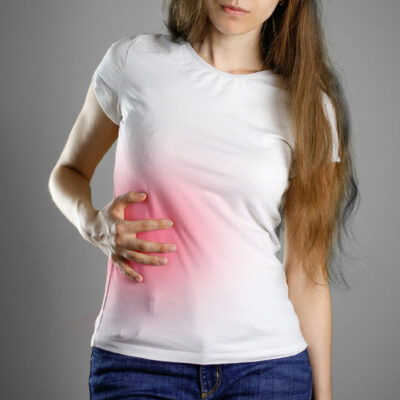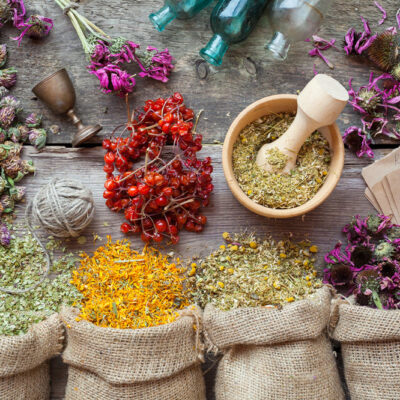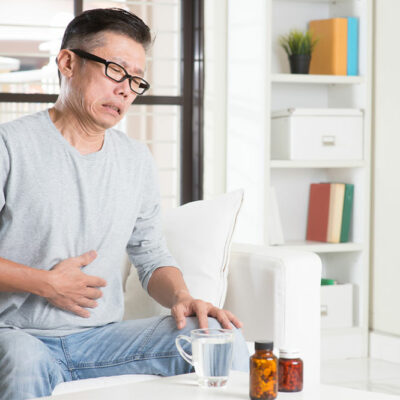
Lifestyle Tips for Managing Overactive Bladder
An overactive bladder (OAB) is a condition in which the patient exhibits a series of urinary symptoms. The most prominent symptom in this condition is feeling frequent and uncontrollable urges to urinate. The intensity of these symptoms may vary from person to person. While some may experience the urge to urinate more frequently throughout the day as well as night, others may also experience some incontinence or leakage.
Several changes can be made to your everyday life so as to manage the symptoms of overactive bladder effectively without letting it alter your life too much.
1. Lifestyle Tips for Managing OAB
Certain lifestyle changes that can help manage overactive bladder effectively are described as follows:
- Exercise Regularly
Including regular physical activity in your daily routine can be extremely helpful in keeping your muscles strong and functional. Moreover, exercising regularly also helps prevent any major problems with your urinary tract and bladder and also helps in avoiding constipation. - Add Kegel Exercises to Your Routine
Kegel exercises help strengthen the muscles of the pelvic floor and thus reduce the intensity of overactive bladder symptoms. If a person is experiencing incontinence or leakage-related issues while dealing with overactive bladder, kegel exercises can largely help in reducing those symptoms. Other exercises that can help strengthen your pelvic muscles are quick flicks that are a series of contractions and relaxation of pelvic muscles in rapid succession. - Wear Loose-fitting Clothing
Frequent need for urination can increase the risk of contracting urinary tract infections(UTIs). To avoid UTIs it is important to get your urethra clean and dry. Wearing loose-fitted clothes made of breathable fabric such as cotton can be largely helpful in maintaining urinary hygiene when dealing with an overactive bladder.
2. Nutrition Tips for Managing OAB
There are certain food and nutrition habits that can help ease the symptoms associated with OAB. Some of them are elaborated as follows:
- Avoid Caffeine
Caffeinated beverages to cause excessive water retention which can also irritate your bladder quickly. As a result, drinking caffeinated beverages can result in a frequent urge to urinate, especially for someone suffering from OAB symptoms. It is thus recommended to completely eliminate caffeinated beverages from your routine or at least reduce your daily consumption gradually over a period of time to avoid withdrawal symptoms. - Consume Fibrous Foods
Due to frequent urination, people suffering from OAB symptoms or bladder incontinence are sometimes extremely dehydrated. As a result, they may experience other complications such as constipation. In order to avoid such complications, it is important to include a lot of fiber-rich foods in your meals. This ensures that your digestive system functions smoothly and helps you avoid constipation. - Drink Lots of Water
People with OAB are often known to consume less water so as to try and minimize their urge to urinate. However, it is important for people with OAB to drink at least 6 to 8 glasses of water a day to ensure that your body is properly hydrated. Dehydration could lead to several complications such as kidney-related disorders, fatigue, as well as constipation.


